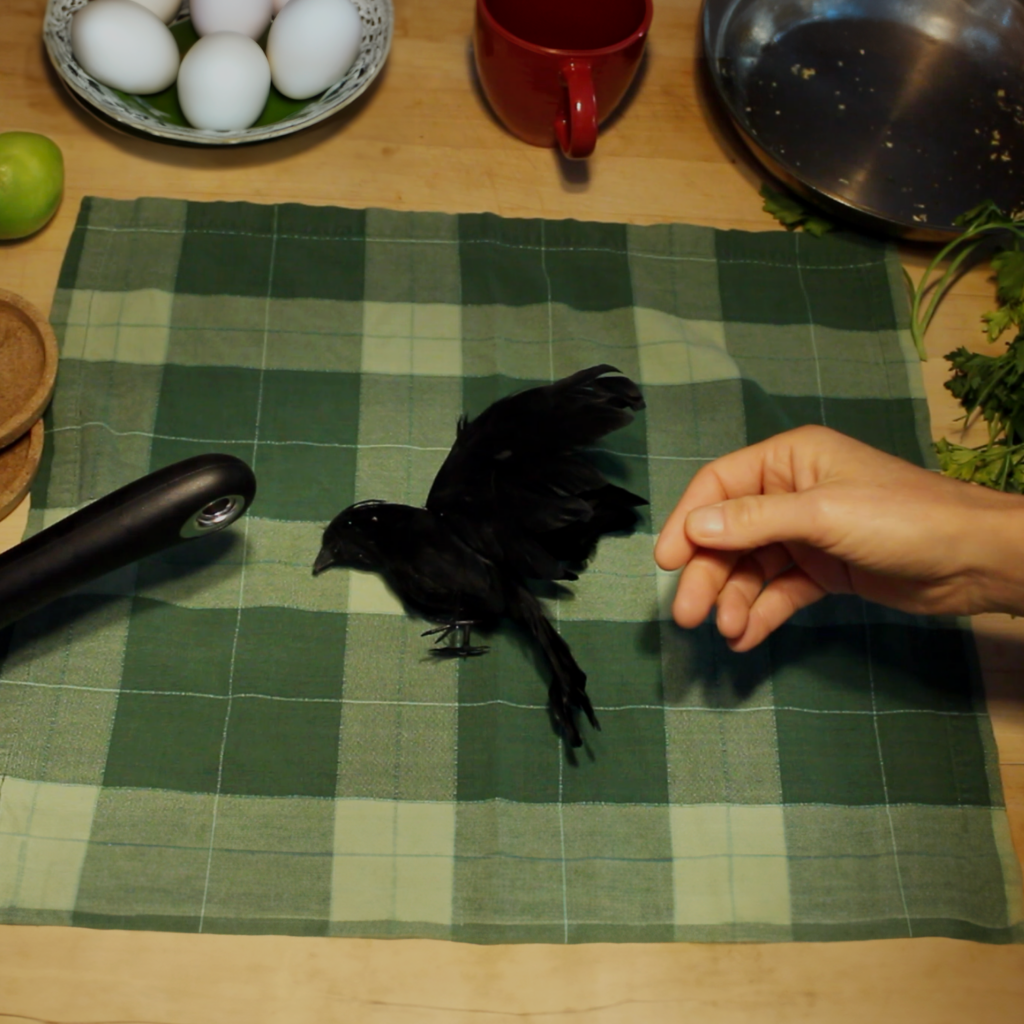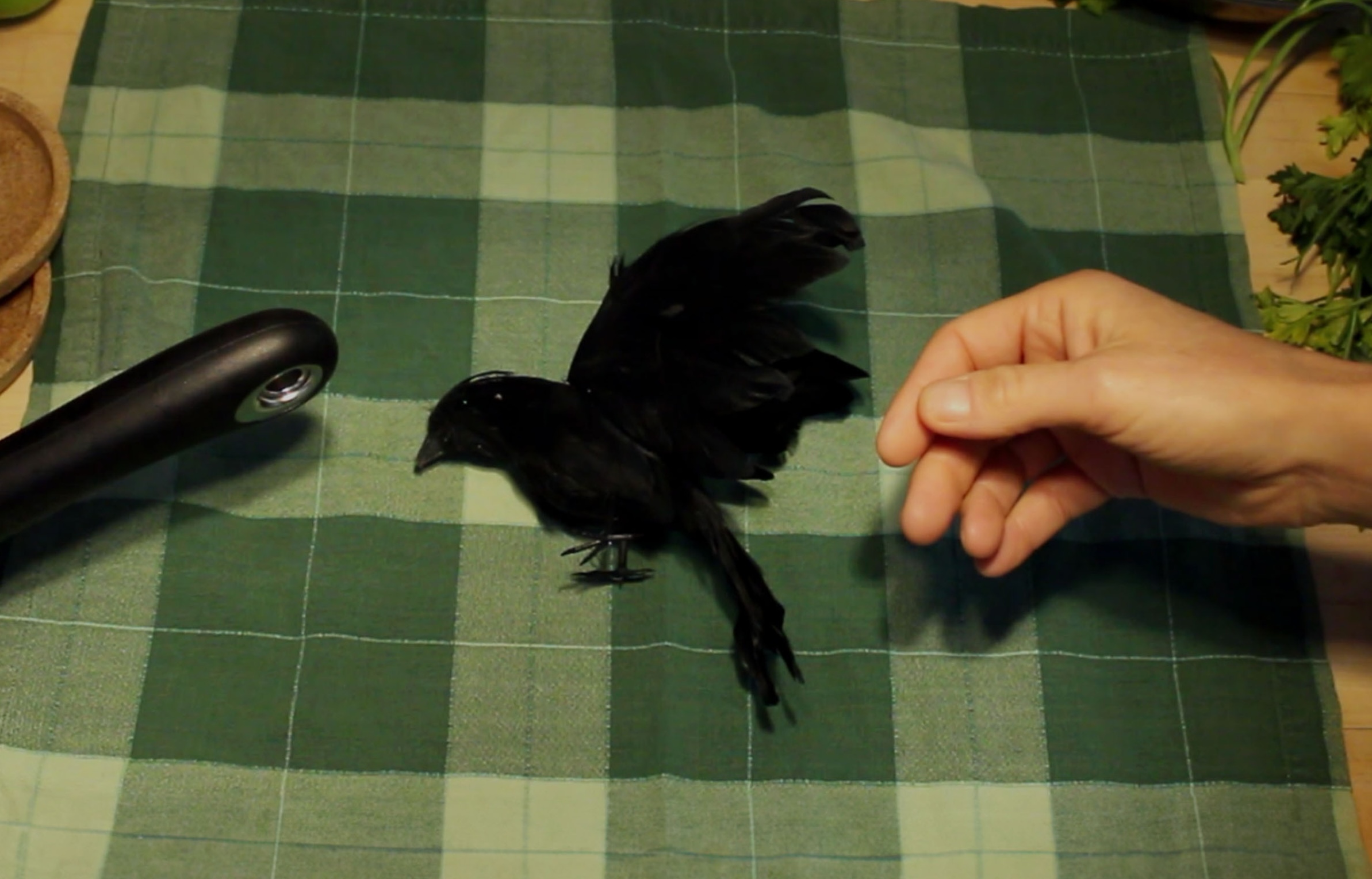

Sunset Media Wave is a Bay Area Community Resources program located at the Sunset Neighborhood Beacon Center in San Francisco’s Outer Sunset district. We are funded by the SF Department of Children Youth and Families (DCYF), the California Arts Council (CAC), and private donations. All of our partners believe in the transformative power of the arts and its potential to elevate, challenge, and nurture our community.